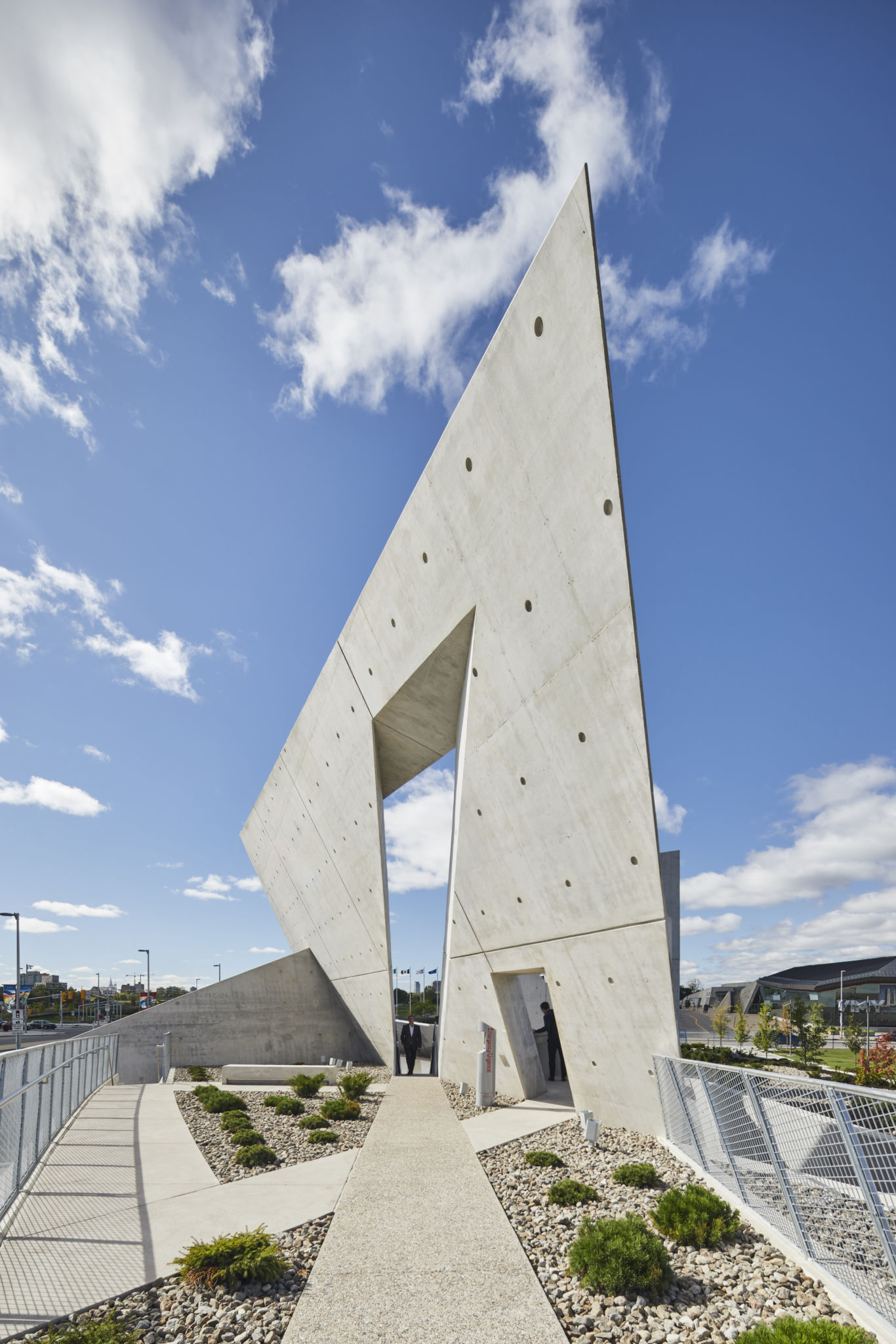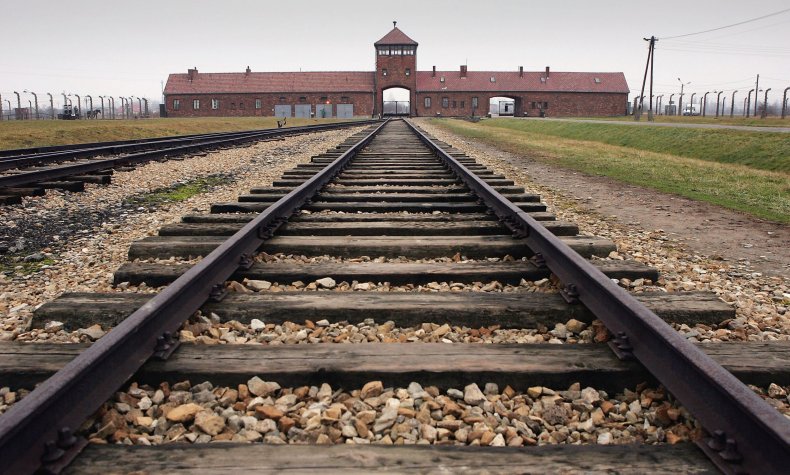 |
| A group of Jews, including a small boy, is escorted from the Warsaw Ghetto by German soldiers in this April 19, 1943 photo. The picture formed part of a report from SS Gen. Stroop to his Commanding Officer, and was introduced as evidence to the War Crimes trials in Nuremberg in 1945 |
To Jews, ever mindful of Jewish history and a never-ending plague of assaults on their presence by communities wherever diaspora Jews have put down alternate roots, after their second expulsion from Judea, their ancestral homeland in the Middle East, the Holocaust represents an unspeakable atrocity committed by Nazi Germany with the considerable assistance of eastern and western Europe and the determined oblivious attitude of the West in general to their plight.
When Jews repeat in their minds 'never again' it means that they will do their utmost personally to fight back against the persecution and defamation they are endlessly subjected to. 'Fighting back' is a passion expressed in the struggle for survival. Slights, born of an inbred, taught and sought discrimination expressed against the Jewish presence has a habit of becoming socially institutionalized. It ebbs and flows, like the oceans surrounding continents.
 |
| A German in a military uniform shoots at a Jewish woman after a mass execution in Mizocz, Ukraine. In October of 1942, the 1,700 people in the Mizocz ghetto fought with Ukrainian auxiliaries and German policemen who had intended to liquidate the population. About half the residents were able to flee or hide during the confusion before the uprising was finally put down. The captured survivors were taken to a ravine and shot. Photo provided by Paris' Holocaust Memorial |
And whatever continent Jews happen to populate, a minority group within much larger groups, they are always 'noticed' as outsiders. With that notice comes a degree of suspicion. A suspicion often a nudge away from contempt and hatred. For within the larger population there are always those whose antipathy toward Jews -- even and particularly if those haters know nothing about Jews, do not know any individual Jews, have never met Jews -- twists them toward rage against Jews.
There are Holocaust memorials erected in various geographies across the world, in a determined effort never to forget the stark inhumanity that humans are capable of exerting against other humans. Where governments and individuals embrace the opportunity to learn and to empathize, committed to ensuring as believers in elementary human rights that nothing of this dread magnitude will ever re-occur. And yet, on a smaller, and equally inexcusable scale, they do, and each time they do humanity is shamed and shocked anew.
 |
| The arrival and processing of an entire transport of Jews from Carpatho-Ruthenia, a region annexed in 1939 to Hungary from Czechoslovakia, at Auschwitz-Birkenau extermination camp in Poland, in May of 1944. The picture was donated to Yad Vashem in 1980 by Lili Jacob |
Start small? With ignorance about the fact that a fascist horde schemed to annihilate the entire Jewish population of Europe, on its way to conquering the world for Aryan purity. That the organized industrial-scale mass murder succeeded to the degree that an estimated six million Jews were systematically slaughtered. The corpses were used to produce soap and fertilizer. Children and adults alike fed into death chambers where Zyklon B, a cyanide-based pesticide, killed them, and their bodies were shovelled into vast, non-stop crematoria. The odour of burning flesh and the ash circulating as particulate matter lifted by the smoke exuded by the giant chimneys to fertilize the fields of Europe.
 |
Canada was late to erecting a memorial to the Holocaust; but one was finally built and opened to the public in 2017. On a number of occasions, the stark, grey angular walls of mourning attracted professional photographers on fashion shoots, as likely backgrounds to show off glamorous designer apparel featuring poised, sleek female models. The photographers in each instance appear not to have known, or really gave no thought to the fact that their commercial enterprise in artistry and mercantilism in a place sacred to the memory of millions of people was an assault on social morality and values.
In the latest of these events, the photographer was scathing in his response to criticism over his obtuse choice of backdrop for a photo shoot:
"If taking a photo with grey walls as a backdrop is a crime, lock me up."
"If you don't want people shooting at certain walls in the city, you should put on a reflective vest, get a whistle and go stand in front of them year 'round."







